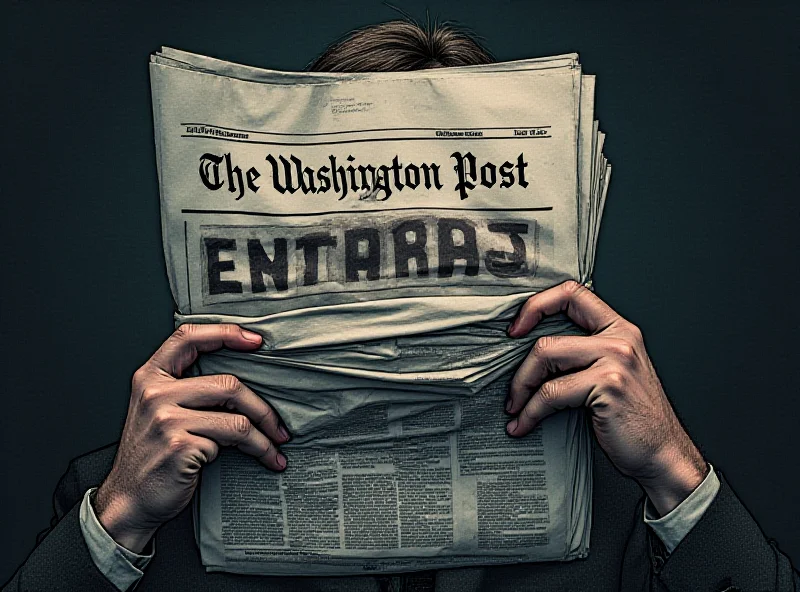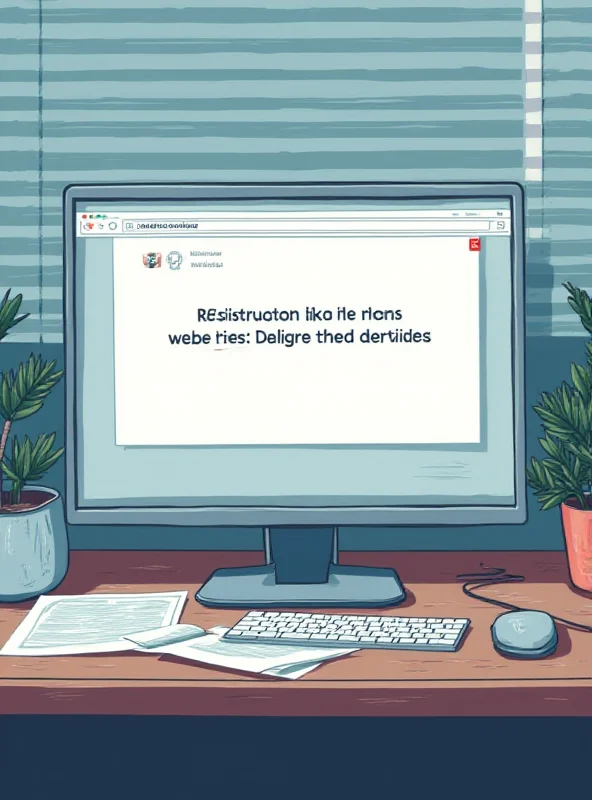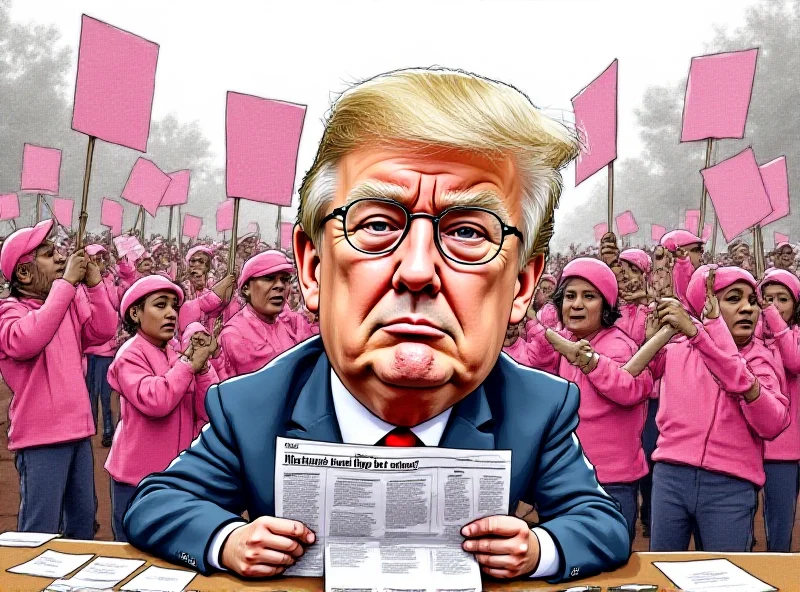The Washington Post, a prominent news organization owned by Jeff Bezos, has recently faced increased scrutiny regarding its editorial policies and potential influence. From limiting dissenting opinions to restricting access for government employees, the publication is at the center of a debate about freedom of expression and potential indoctrination.
Opinion Section Under Fire
A controversial announcement by Jeff Bezos regarding the Washington Post's opinion section has sparked outrage. According to Margaret Sullivan, a Guardian US columnist, the new policy is a "draconian announcement" that goes "far beyond the norm." Former top editor Martin Baron expressed his "sadness and disgust" at the changes. This policy emphasizes the defense of individual freedoms and free markets, suggesting that viewpoints contrary to these pillars will be relegated to other outlets. 
This raises the question: is the Washington Post promoting democracy or indoctrination? While owners and publishers often exert their influence on opinion sections, critics argue that the new restrictions are excessively limiting.
Restrictions on Information Access
In a separate incident, new internet restrictions at the Social Security Administration (SSA) have blocked access to several major news websites, including The Washington Post, The New York Times, and WIRED. This means that Social Security workers are unable to read these publications during work hours. This has raised concerns about limiting access to information for government employees, particularly those working at the embattled SSA. 
"I couldn’t be more sad and disgusted," said former top editor Martin Baron, regarding the changes to the Washington Post's opinion section.
Columnist Criticizes Democratic Protests
Adding to the controversies, a Washington Post columnist recently faced criticism for mocking the Democratic Party's protest tactics during President Trump's address to Congress. The column ridiculed the use of pink outfits and paddle props, questioning whether the party had "nothing left to try." 
These incidents collectively paint a picture of a news organization facing challenges to its perceived impartiality and freedom of expression. Whether it's the constraints on the opinion section, the restrictions on information access for government employees, or the controversial opinions of its columnists, the Washington Post is currently under intense scrutiny.
Ultimately, the question remains: can the Washington Post maintain its reputation as a reliable and unbiased source of information while navigating these challenges? Only time will tell.
